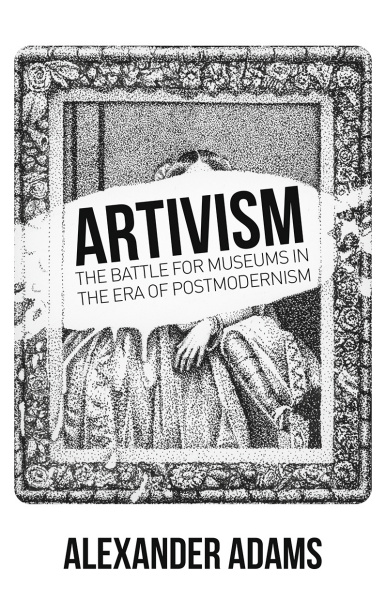From Banksy to Extinction Rebellion, artivism (activism through art) is the art of our era. From international biennale to newspaper pages, artivism is everywhere. Both inside museums and on the streets, global artivism spreads political messages and raises social issues, capturing attention with shocking protests and weird stunts. Yet, is this fusion of art and activism all it seems? Are artivist messages as subversive and anti-authoritarian we assume they are? How has the art trade commodified protest and how have activists parasitised art venues? Is artivism actually an arm of the establishment?
Using artist statements, theoretical writings, statistical data, historical analysis and insider testimony, British art critic Alexander Adams examines the origins, aims and spread of artivism. He uncovers troubling ethical infractions within public organisations and a culture of complacent self-congratulation in the arts. His findings suggest the perception of artivism – the most influential art practice of the twenty-first century – as a grassroots humanitarian movement could not be more misleading. Adams concludes that artivism erodes the principles underpinning museums, putting their existence at risk.


